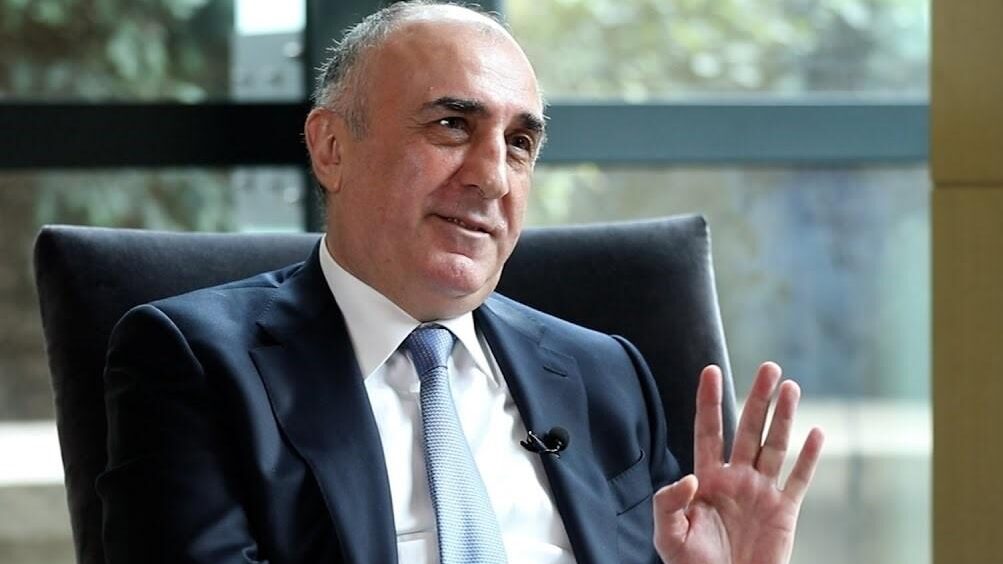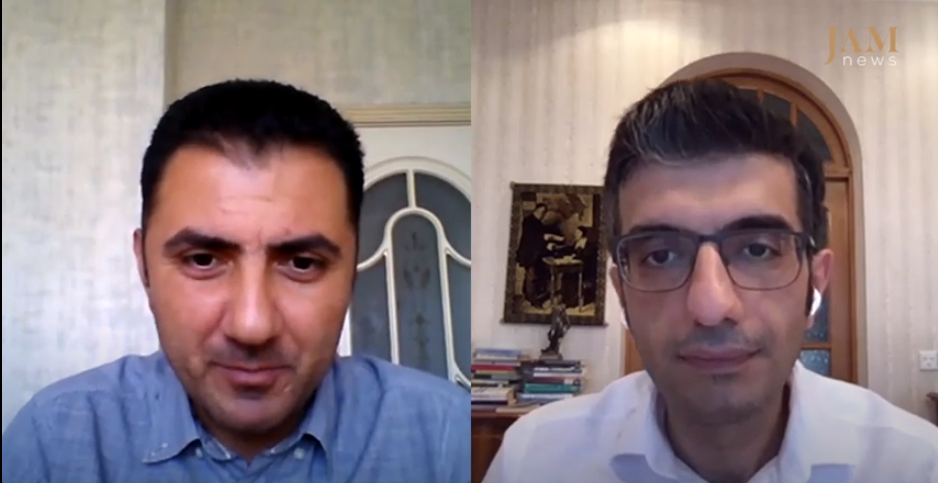Why Azerbaijan and Armenia failed to sign peace agreement? View from Baku
Azerbaijan-Armenia: the problem of the Peace Treaty
Peace talks between Azerbaijan and Armenia have yet to yield results. After the second Karabakh war in 2020, the sides have often seemed close to an agreement. On March 13, it was even announced that the text of the peace treaty had been fully agreed upon.
However, this final document has not been signed to this day.
According to opinions from Yerevan, the main obstacles in this process are the conditions put forward by Baku. There are two of them:
- Amendments to Armenia’s constitution, which includes territorial claims against Azerbaijan.
- Dissolution of the OSCE Minsk Group, which for over 30 years, under the co-chairmanship of the United States, France, and Russia, worked on resolving the Karabakh conflict.
Former Azerbaijani Foreign Minister Elmar Mammadyarov considers this approach one-sided and emphasizes that the halt in the peace agreement signing process is related to legal, political, and international factors.
Constitutional dispute: Intervention in internal affairs or legal necessity?
In an article by Armenian political scientist Areg Kochinyan, published by JAMnews, it is stated that Azerbaijan’s demand to change Armenia’s constitution is direct interference in internal affairs.

Former Azerbaijani Foreign Minister Elmar Mammadyarov in an interview with JAMnews: “This is absolutely not the case.
The constitution of Armenia contains open claims against the territorial integrity of Azerbaijan, which could undermine the legal validity of the peace treaty in the future.
Areg Kochinyan’s opinion that ‘Azerbaijan is interfering in Armenia’s internal affairs’ sounds unserious. From a legal standpoint, Azerbaijan has the right to demand that Armenia remove territorial claims from its constitution.
Today, Pashinyan is in power, but tomorrow he may not be. The next forces that come to power in Armenia could try to cancel the treaty, citing its contradiction with the constitution.”
- Opinion from Baku: ‘Defending Armenian prisoners in Azerbaijan is infringement on rights of thousands of martyrs’
- Opinion: ‘If Baku cared about security, it could have negotiated practical guarantees with Yerevan’
- Dispute between Armenia and Azerbaijan over regional transit routes: Who is right?
- ‘Time bomb lies beneath Baku’s demands,’ says Armenian analyst
Minsk Group — a symbolic legacy or a political tool?
The former minister also points out interesting nuances related to the OSCE Minsk Group. He notes that Armenia is in no hurry to officially terminate its activities.
According to Mammadyarov, the United States and France want to keep the Minsk Group as a tool of influence in the South Caucasus:
“An interesting scenario arises: if Armenia, together with Azerbaijan, sends a note to the OSCE about the intention to dissolve the Minsk Group, it could harm the interests of the United States and France. Under the pretext of the need for humanitarian assistance to the Armenians of Karabakh, they may delay this process.
Armenia, apparently, is only interested in this step after the peace treaty is signed.”
Is peace possible without mediators?
Political scientist Areg Kochinyan, in his article, views Azerbaijan’s insistence on “negotiations without mediators” as an attempt at domination. Elmar Mammadyarov believes that the presence of mediators is indeed part of the problem:
“At international meetings I participated in, I saw that mediators are never neutral. Each one tries to influence the process in the interests of their own country.
Therefore, direct negotiations are a more reliable model. It is very good that both sides have agreed to direct negotiations for peace.”
How important is peace for Azerbaijani society?
Mammadyarov believes that there is broad support for achieving peace with Armenia within Azerbaijani society:
“Sooner or later, a policy of good neighborliness yields results. President Ilham Aliyev has taken all the necessary steps over the past five years to reach a peace agreement. Armenia must also respond to these steps and amend its constitution.”
Conclusion: path to peace lies through legal guarantees
According to Elmar Mammadyarov, at this stage of the negotiations, the sides may initial the document. However, its signing should only occur after legal guarantees are ensured, without haste:
“Azerbaijan’s expectation is to prevent this agreement from being declared invalid in the future.”
News in Azerbaijan




















